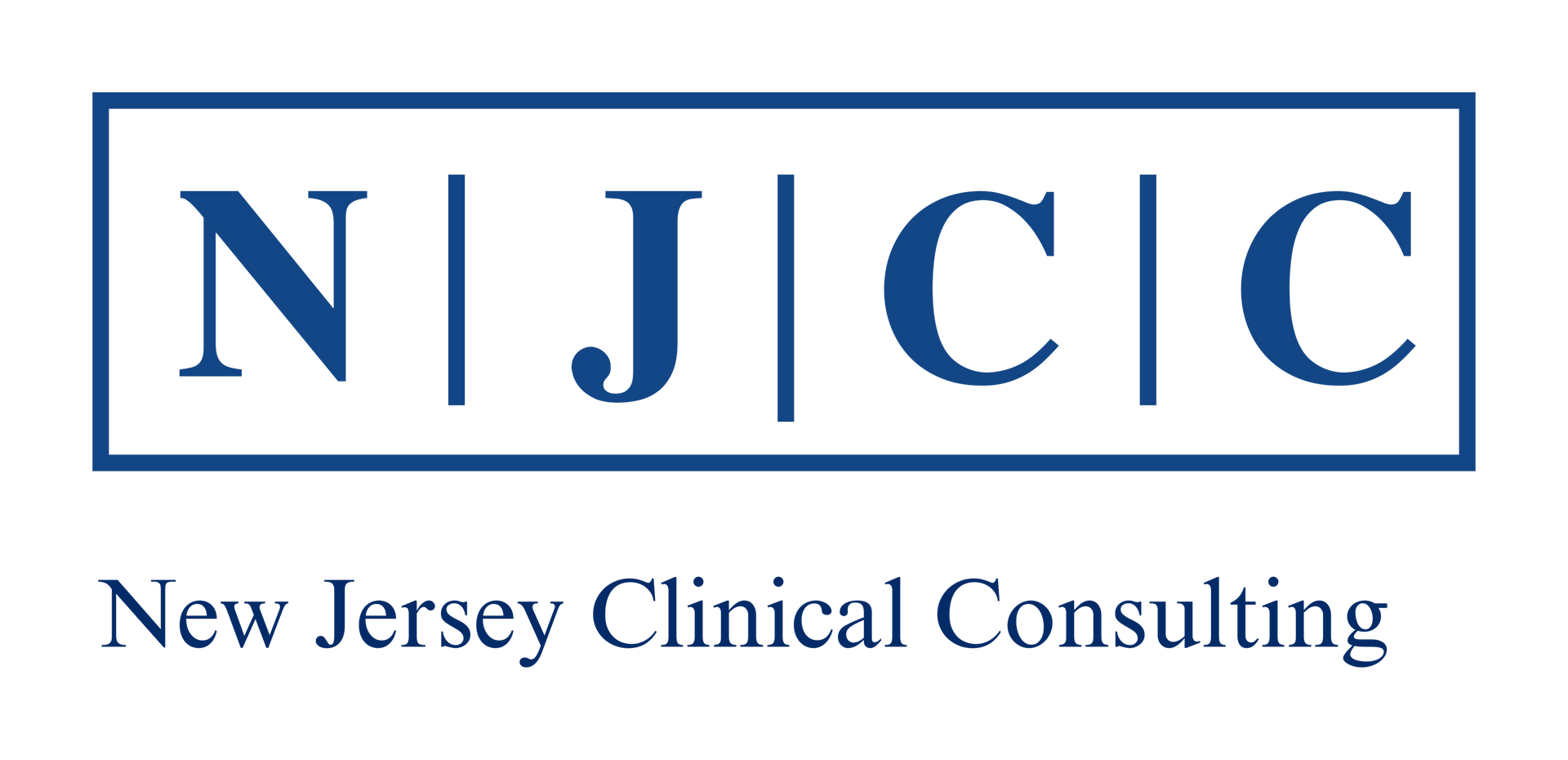Celebrate diverse perspectives: Encourage employees to share their unique experiences and insights, and recognize their contributions in staff meetings or company newsletters.
Fostering Lasting Change: Strategies for Meaningful DEI in Nonprofit Organizations
Diversity, Equity, and Inclusion (DEI) have become essential components of organizational culture and success.

To create an environment that fosters long-term, meaningful change, community nonprofit organization leaders must actively engage in DEI conversations, gather community feedback, and review existing policies and procedures. This blog will discuss these key strategies, their importance, and how to implement them effectively.
Open and honest conversations about DEI are the foundation for creating an inclusive organizational culture. When employees feel heard and valued, they are more likely to engage in these discussions, which in turn leads to more innovative and comprehensive solutions. As Verna Myers, a prominent DEI leader, once said, "Diversity is being invited to the party; inclusion is being asked to dance." To put this into action, consider the following:
Encourage Employee Engagement in DEI Conversations
Host regular DEI discussions
Schedule monthly or quarterly meetings to discuss DEI issues, share experiences, and brainstorm solutions. These meetings should be open to all staff, regardless of their level of involvement in DEI initiatives.
Provide training and resources: Offer workshops, seminars, and educational materials to help employees understand DEI concepts, recognize unconscious biases, and develop skills for fostering an inclusive environment.
Foster An Environment For Community Feedback and Input
To ensure that DEI initiatives have a lasting impact, it is crucial to involve the communities your organization serves. This approach not only increases the likelihood of success but also fosters trust and strengthens relationships with community members. As Dr. Johnnetta Betsch Cole, an anthropologist and activist, stated, "Diversity, inclusion, and equity are not only important to our democracy, but they are essential to the well-being of our communities." To incorporate community feedback and input, consider the following:
Hold open forums where community members can share their experiences, concerns, and suggestions related to DEI initiatives. This can help your organization better understand the unique challenges faced by different segments of the community.
Partner with other organizations or coalitions that have similar DEI goals to maximize resources, share best practices, and amplify impact. Collaborative partnerships with community partners can also encourage greater diversity in candidate and recruitment pools.
Review of Existing Policies and Procedures
Institutionalized racism, inequity, and a lack of cultural competence can hinder the effectiveness of DEI initiatives. To create lasting change, it is necessary to identify and address these systemic issues. As Dr. Ibram X. Kendi, a historian and author, asserted, "The only way to undo racism is to consistently identify and describe it – and then dismantle it."
To review existing policies and procedures, consider the following:
- Conduct an internal audit: Assess your organization's policies, procedures, and practices to identify areas where systemic racism, inequity, or a lack of cultural competence may exist.
- Implement necessary changes: Based on the audit findings, develop and implement changes to policies, procedures, and practices to promote a more inclusive environment.
- Monitor progress and impact: Regularly evaluate the effectiveness of these changes and adjust as necessary to ensure continued progress toward DEI goals







